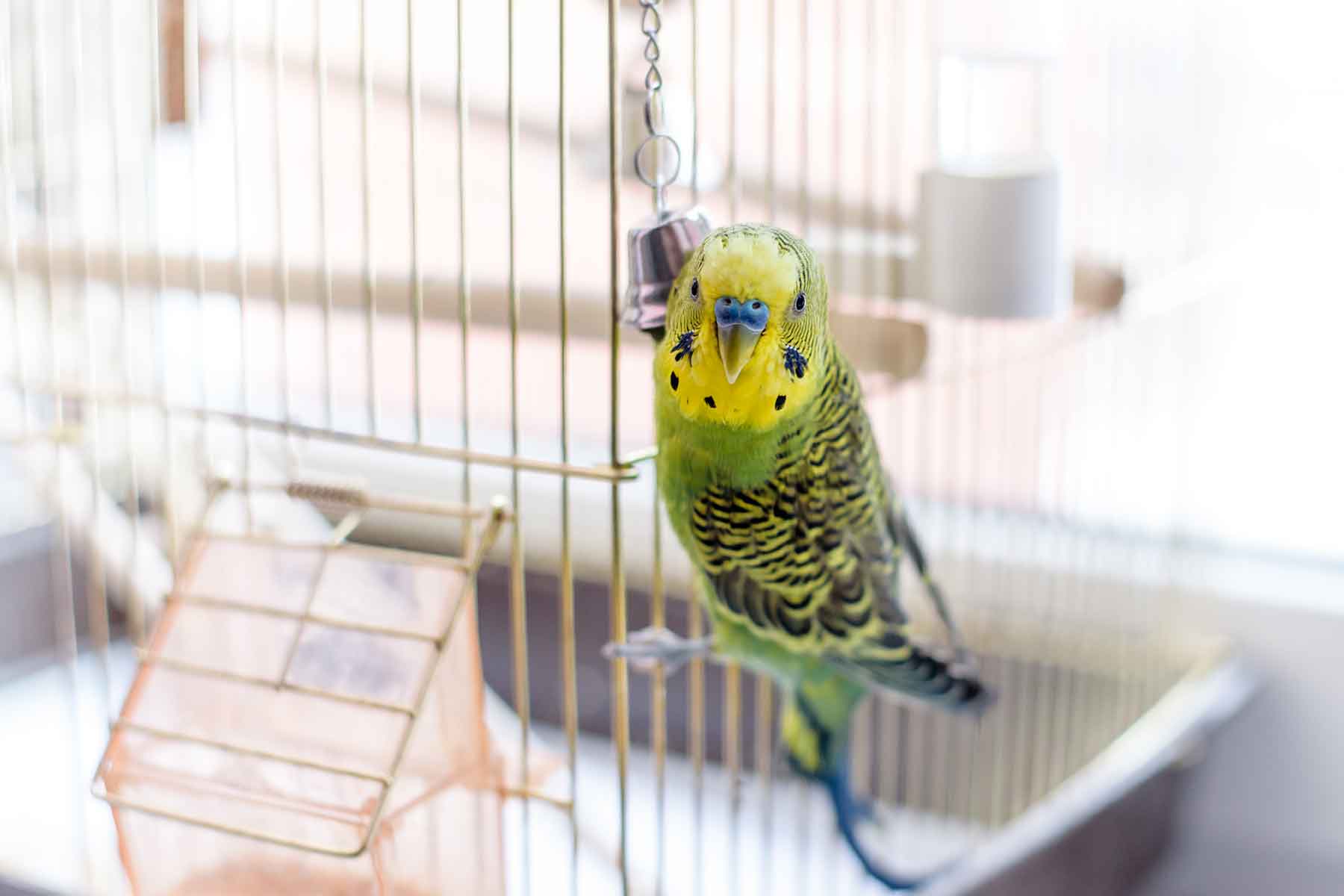As a dog owner, you need to be aware that dogs will vomit from time to time. More often than not, it’s a reaction to a minor stomach upset. However, you need to know the signs in case it’s due to something more serious.
Vomit vs. Regurgitation
For the uninitiated, it’s easy to get vomiting and regurgitation confused. The difference being:
- vomiting is a forceful ejection of the stomach and upper intestine contents. It smells sour and contains partially digested foods and yellow bile
- regurgitation is a relatively effortless ejection of undigested food from the oesophagus
How Can I Tell If My Dog Is About To Vomit?
Some of the more common signs your dog will show include:
- feeling anxious and restless.
- coming to you for attention and comfort
- drooling and swallowing repeatedly just before vomiting
What Causes Vomiting In Dogs?
Motion Sickness
It is not uncommon for dogs to suffer from motion sickness, which can make car journeys very unpleasant for all involved. Your veterinarian can prescribe medication for your dog to prevent motion sickness.
Stomach Problems
If your dog suddenly vomits it’s usually a sign of stomach problems. The most common causes are:
- gastritis – the number one cause, usually from eating garbage or spoiled foods
- ingestion of toxins, grass or hairballs
- eating too fast
- exercising straight after eating
Acute Infections
Infectious diseases can also cause acute vomiting such as:
- canine parvovirus
Chronic Diseases
Chronic diseases that often cause dogs to vomit include:
- pancreatitis
- kidney failure
- liver failure
- diabetes mellitus
- addison’s disease
- cushing’s disease
- parasites
- stomach or upper intestinal cancer
- diseases of the inner ear
Types and Causes of Dog Vomiting
Persistent Vomiting
- sudden, repeated retching and vomiting a frothy and clear fluid
- if it continues it may be a more serious health problem – see your vet
Sporadic Vomiting
- on and off over days or weeks may mean chronic diseases
- have a thorough check-up to find out the underlying cause
Vomiting Blood
- may appear as fresh red blood or old coffee grounds
- take to your vet for treatment immediately
Your observations are critical – taking your dog to the vet
If it is time to take your dog to the vet here is a checklist of things to observe, and information to bring with you:-
- What colour is the vomit? Did the vomit contain blood?
- Did the vomit contain any unusual objects?
- Did the vomit have a particular smell?
- When did he/she start vomiting, how many times, and when the most recent episode occurred?
- Any medication your dog is on
- Any changes to your dog’s environment – such as a new pet, garden or home renovations
- Any recent changes to your dog’s food and diet
- Any other recent behaviour or health changes
- If your dog has diarrhoea, then bring a sample – we know this is a nasty one, but it could help us in a fast diagnosis and treatment
- Any recent household spills or accidents – even if you think your dog didn’t have access to the spill or accident area
- Any new toys or items of interest they may have
Treatment For Vomiting Dogs
If your dog is a puppy, older, or has pre-existing medical problems, see your vet immediately. If your dog is alert and active and has had no previous health problems, you may want to try the following treatment at home before consulting your vet:
- if it is a single vomit, withhold food for at least 6 hours. Make sure that they have water available but avoid excessive water intake as this can lead to further vomiting.
- if the vomiting stops, small bland food meals can be introduced
- gradually increase the amount of water
- after 6 hours without vomiting, give your dog small amounts of a bland low-fat food several times a day for a few days
- little by little, increase the amount back to your dog’s normal diet
- if vomiting persists, if your animal seems to deteriorate within themselves, or you have any other concerns we urge you to contact our friendly healthcare team.











